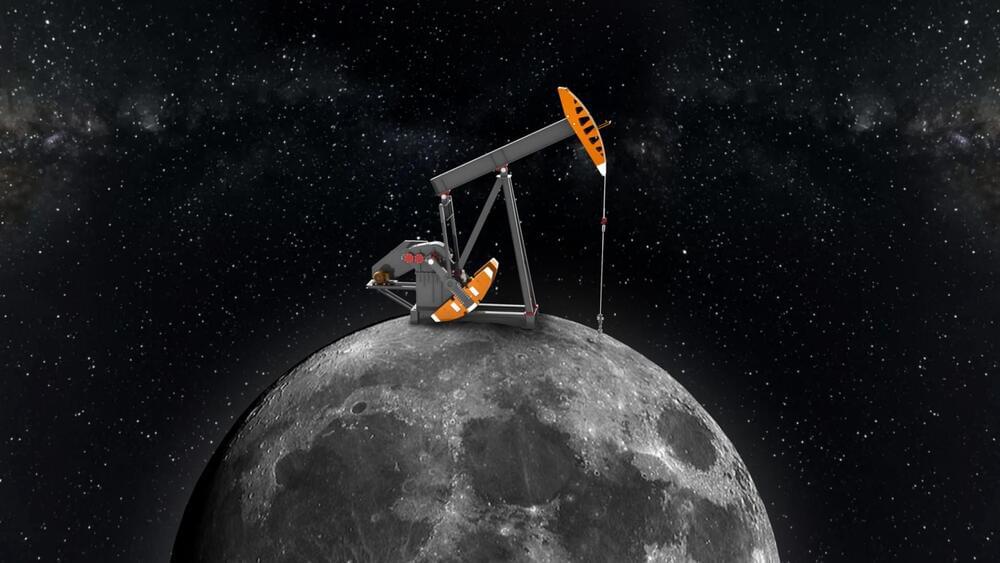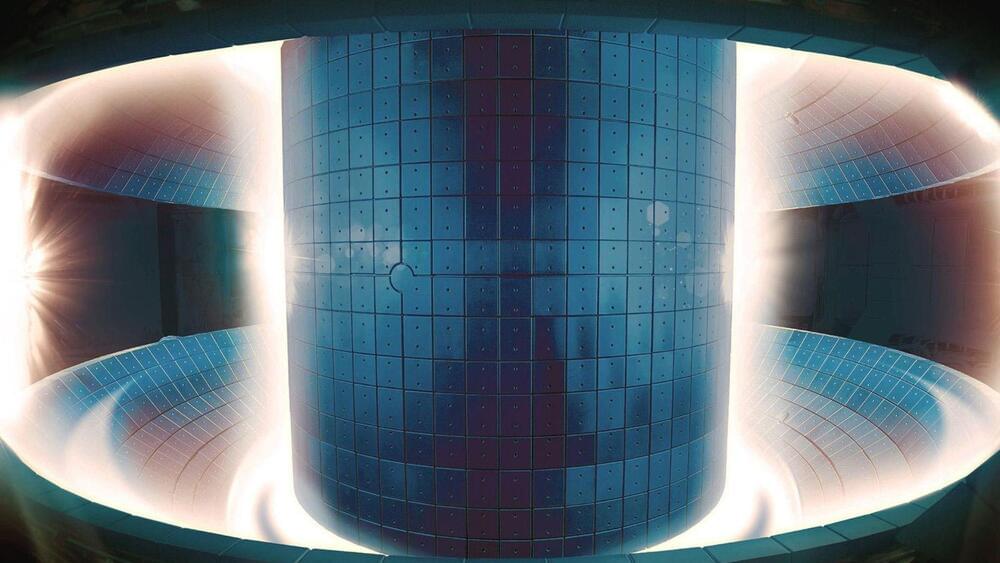Jan 26, 2023
Asteroid mining: SpaceX will help a startup launch operations in 2023
Posted by Gemechu Taye in categories: materials, space travel
The space tech startup, AstroForge, hopes to complete two proof-of-concept missions this year using SpaceX rockets.
In what might be a groundbreaking moment in space industry history, a new startup plans to launch not one but two space missions this year. This might not sound like a big deal, but the company wants to go into space to find and use minerals from asteroids and other deep-space objects.
Continue reading “Asteroid mining: SpaceX will help a startup launch operations in 2023” »

















